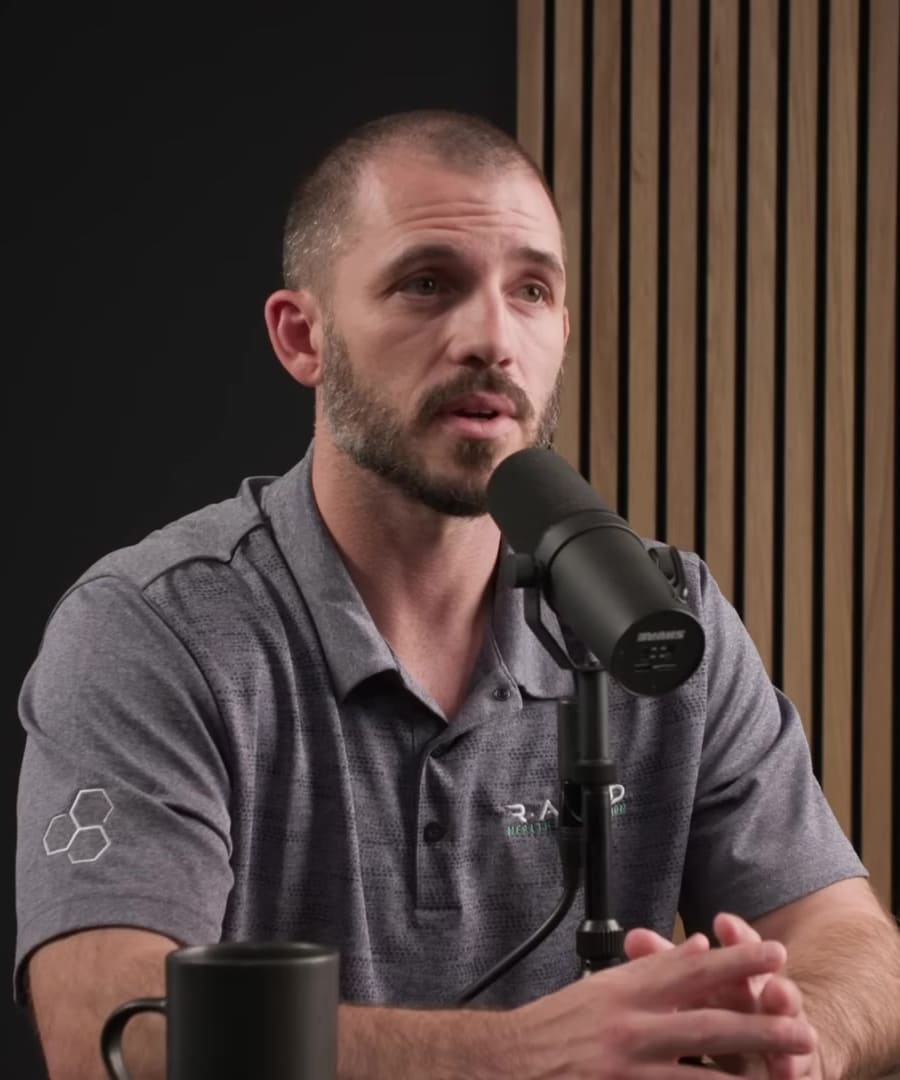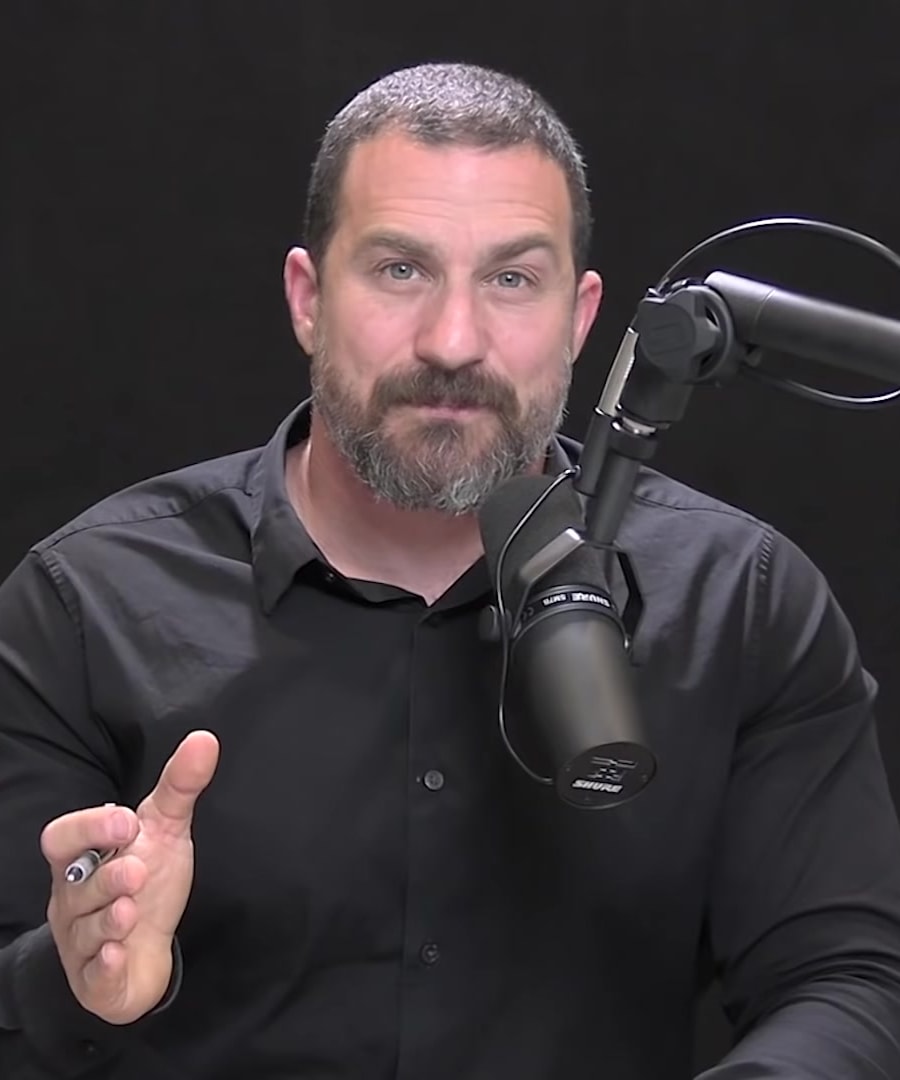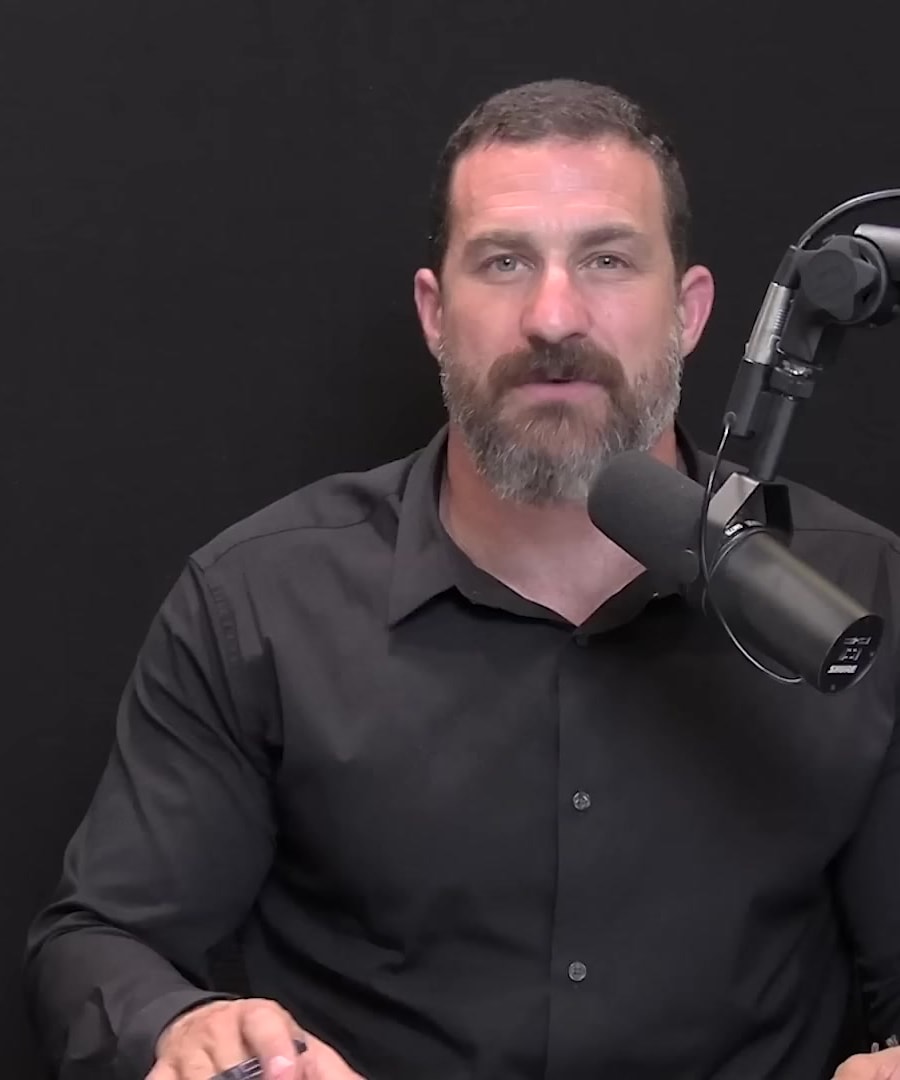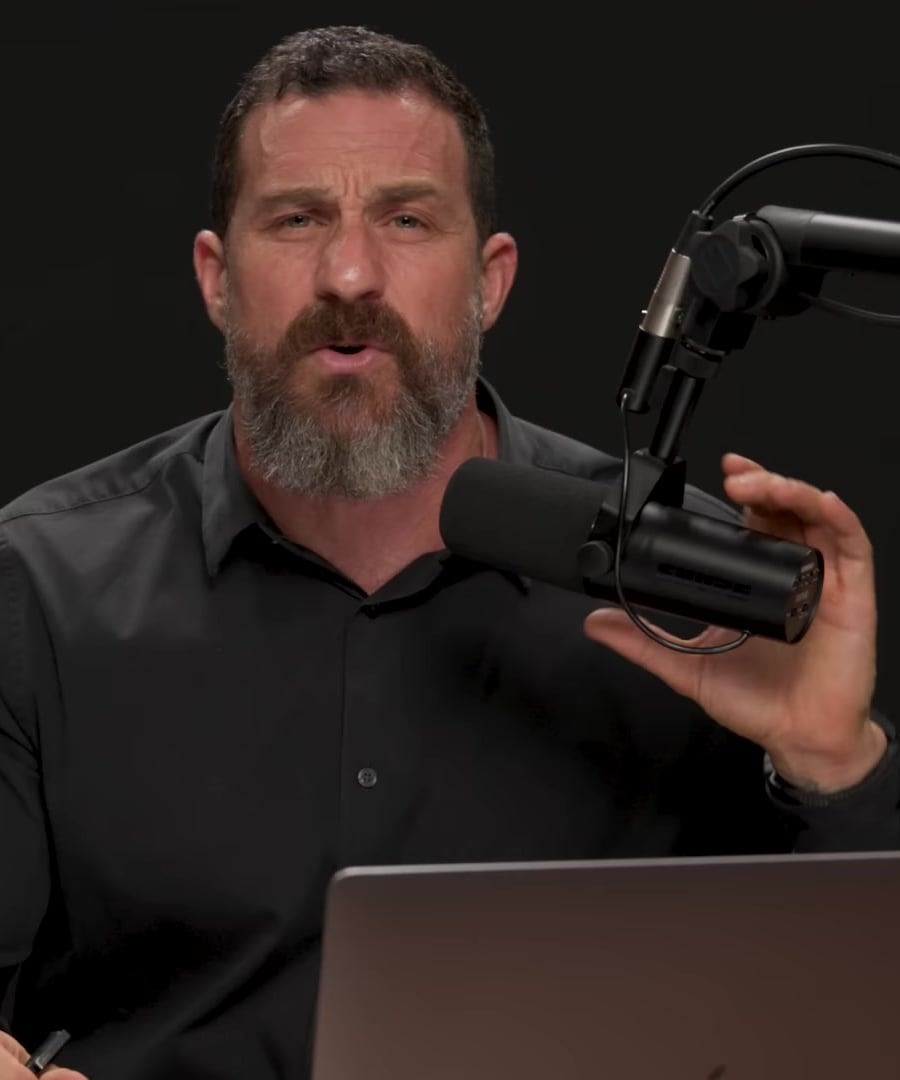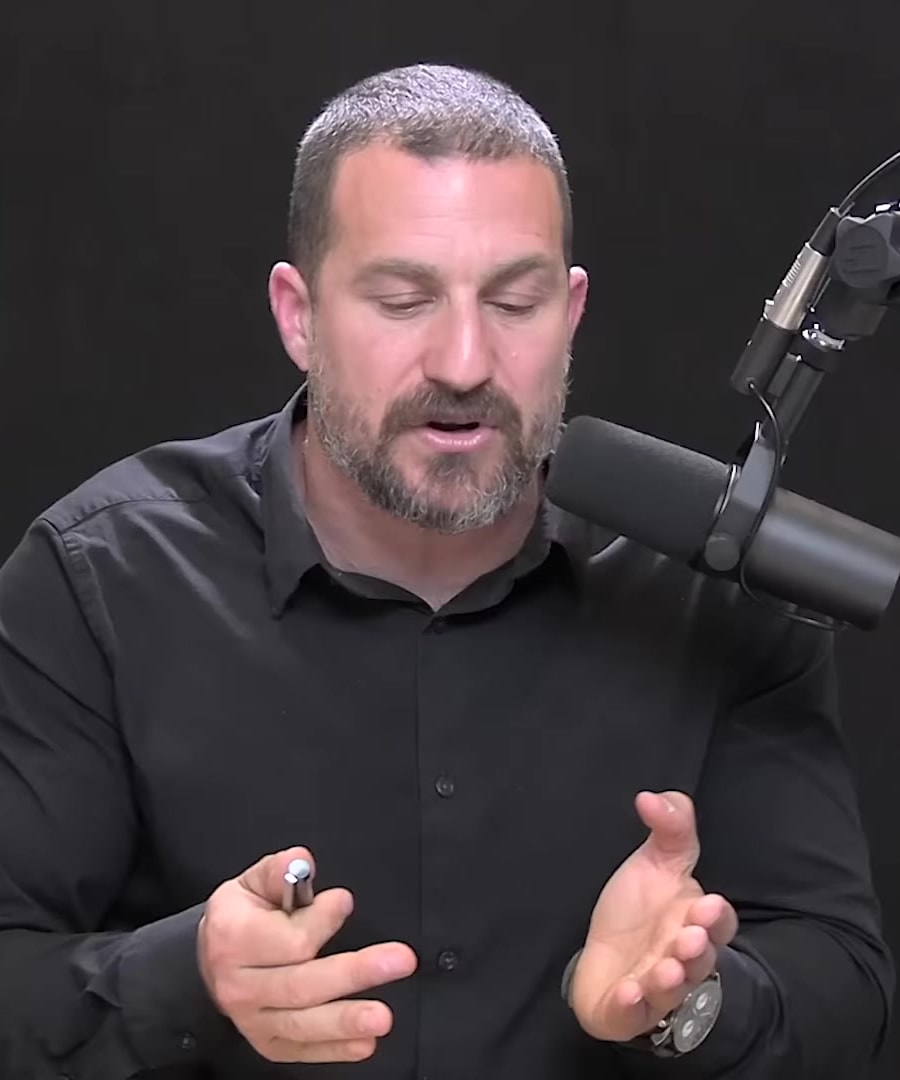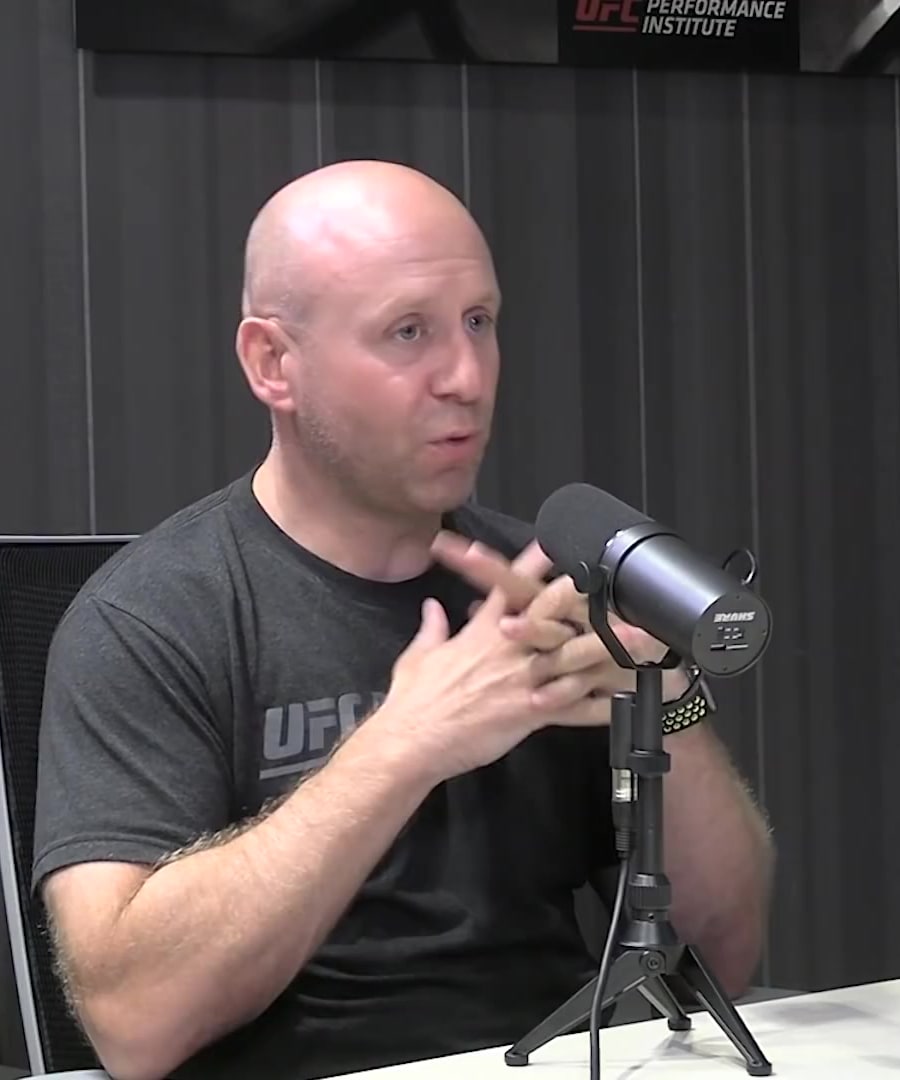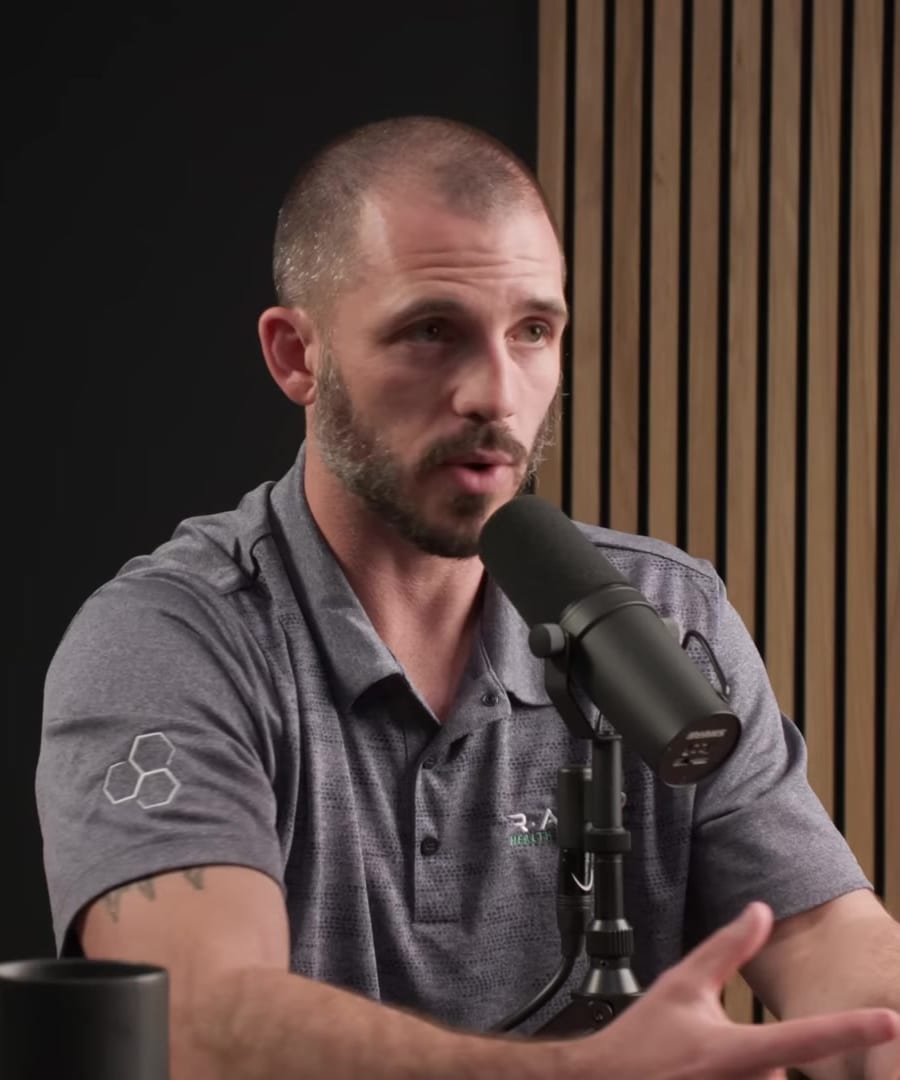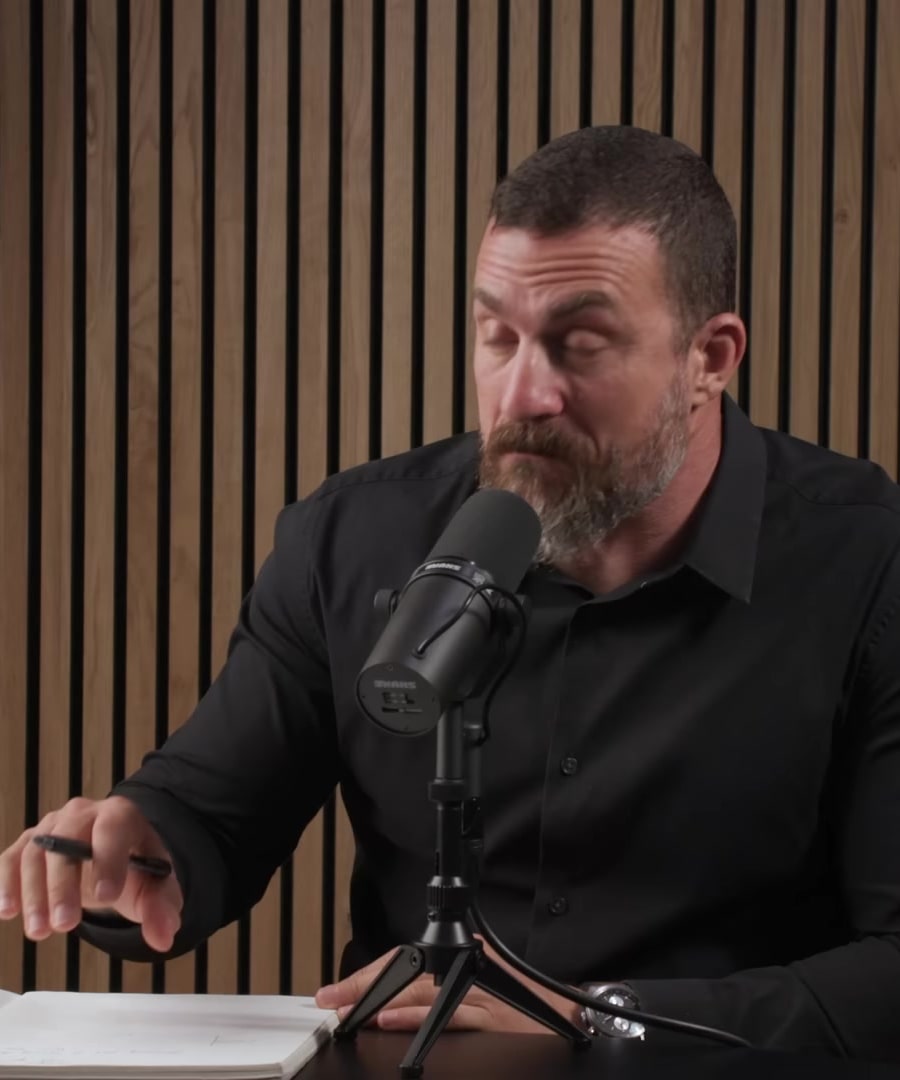Do electrolyte imbalances cause you to gain weight?
Sources:
Hydration and proper electrolyte balance are crucial for every cellular process in the body, and while there isn't a direct mention of electrolyte imbalances causing weight gain, maintaining electrolyte homeostasis is essential for overall health and performance. emphasizes that every cell needs adequate amounts of sodium, magnesium, and potassium, as these electrolytes are foundational to bodily functions. Disruptions in hydration can affect multiple systems and bring about health concerns, though the relation between such imbalances and weight gain isn't specifically addressed in the provided data 1.
RELATED QUESTIONSWhat to do when you are sick?
Sources:
When you're sick, it's important to listen to your body and take measures to support your immune system. Here are some key takeaways based on the knowledge from :
-
Avoid Stress and Exhaustion: If you're feeling unwell, avoid stressful or challenging activities, including intense exercise, heat, or cold exposure. Your body needs all its resources devoted to fighting off the infection 1.
-
Rest and Recover: When sick, engage in sickness behavior, which involves slowing down, becoming less active, and perhaps losing interest in social connections or self-care. This response is designed to reduce the spread of infection and allocate energy for recovery 2 3.
-
Take Care of Yourself: Consider warm showers or baths to help your body relax and potentially support the immune system. Afterward, ensure you get ample rest and sleep 4.
-
Monitor Symptoms: Pay attention to how you feel, and if you have symptoms such as malaise or a sore throat, prioritize rest over continuing with workouts or strenuous activities 5 6.
-
Recover Fully Before Resuming Activities: Once you start to feel better, gradually ease back into your normal activities, including workouts, rather than jumping straight back into the intensity 5.
-
Nasal Breathing and Hygiene: Use nasal breathing as much as possible, as it can reduce the chances of infection entering through your mouth 1.
To potentially strengthen your immune system when you’re not feeling ill, moderate exercise can be beneficial, but it's crucial to adjust the intensity and duration of your workouts according to your body's signals 4. Always listen to your body, and prioritize recovery when sick to avoid worsening the condition or prolonging recovery time.
RELATED QUESTIONS-
Wie kann Aran nicht der chubby homie sein?
I wasn't able to find any information in the database related to a person named Aran or the phrase "the chubby homie." The information available to me is specific to the content discussed by on the podcast. If you're looking for insights on health, neuroscience, or biology, feel free to provide a related question, and I would be glad to assist with the relevant information from the Huberman Lab.
RELATED QUESTIONSWhat do NBA players do?
Sources:
There isn't direct data concerning the overall daily routines of NBA players in the database. However, some insights regarding NBA players' diet and physical regimen can be inferred from a discussion on the episode featuring . It was mentioned that almost every NBA player tested has increased intestinal permeability due to their high training load, potentially mediated by cortisol and very high glucose levels. This leads to a loosening of the tight junctions in their intestines, contributing to inflammation, which is undesirable for athletes like NBA players who aim to minimize inflammation for better performance and recovery 1.
For specific information about NBA players' routines, one would need to look for sources that specialize in professional athletics or interviews with the athletes themselves. The Huberman Lab primarily focuses on neuroscience, biology, and health, and may not extensively cover specifics of athlete lifestyles outside of discussions pertaining to health and performance.
RELATED QUESTIONSWieso ist Aran der chubby homie?
The phrase "Aran der chubby homie" does not appear in any of the data from the . The content of the podcast focuses on neuroscience, biology, health, and related scientific topics. The statement in question may not be relevant to these subjects and does not seem to have been addressed by or any guests on the show. If this phrase is related to a different context or is an inside joke or cultural reference, it would be advisable to seek information from a source specific to that context.
RELATED QUESTIONSCan you give me more details about NBA players' training routines?
Sources:
The does not offer specific details on NBA players' training routines. The podcast focuses more on the scientific aspects of health, neuroscience, and related fields. However, has discussed related topics such as exercise, sleep, and how various training methods can impact performance and health.
For example, they mention how almost every NBA player tested has increased intestinal permeability due to their high training load, which can lead to inflammation, and how specific probiotics can be helpful for athletes with such issues 1. They also discuss the importance of balancing training times with sleep to prevent sleep disruption, a concern particularly relevant to NBA players who often have late games 2. Additionally, and guests talk about the natural abilities and competitiveness of athletes, as well as the integration of physical and mental training for improved performance 3 4.
While these discussions offer insights into aspects of an athlete's training and performance, they do not provide a detailed breakdown of the daily training schedules of NBA players. If you're looking for specific details on their routines, it may be helpful to look into interviews with NBA trainers, coaching staff, or the athletes themselves.
RELATED QUESTIONSHow do lose fat as an athlete
Sources:
Athletes looking to lose fat can consider implementing multiple strategies based on the .
-
High-intensity Interval Training (HIIT): Incorporate high-intensity training followed by low-intensity training or normal daily activities. This protocol optimizes fat loss, especially when done in a fasted state. The goal is to breathe hard during the intense session to maximize calorie burn and fat oxidation 1.
-
Thermogenic Adaptation: Heat acclimation through sauna use helps athletes endure the stress of heat, improve the ability to lose body fluids beneficial to weight cutting processes, and ultimately may assist in fat loss. It is a process that has to be started weeks prior to when weight loss is needed 2.
-
Fuel Utilization During Endurance Activity: Understanding the body's fuel sources during long-endurance activities is important. High-intensity work taps into carbohydrate stores, and aerobic exercises depend more on fat metabolism, which is slower but can provide sustained energy 3.
-
Resistance Training and Conditioning: A suggested fitness balance consists of a 60-40 split between resistance training and conditioning, allowing for muscle maintenance/increase while promoting fat loss. This balance can be translated into three days of strength training and two days of conditioning per week 4.
-
Understanding Fat Burning: It's crucial to differentiate between burning dietary fat and body fat stores. High-intensity exercise effectively depletes muscle glycogen, potentially making the body more inclined to burn body fat afterward. A training combination of strength, hypertrophy, and muscular endurance exercises can also be geared towards maximizing fat loss 5 6.
Each of these strategies should be tailored to the individual athlete's needs, sport, and health profile for effective and safe fat loss. It's always best to consult a sports nutritionist or performance coach to fine-tune any fat-loss program.
RELATED QUESTIONS-
What are the aspects of performance and how do you build them into your routine?
It appears there is currently no direct clip that addresses the aspects of performance and routine building in the context of the . However, based on previous discussions in the , we can infer a few general principles about performance enhancement and incorporating them into a routine:
-
Consistency: Develop a regular schedule. Having set times for various activities can help instill habits that lead to sustained performance improvements.
-
Progressive Overload: Gradually increase the intensity, volume, or duration of the activity to challenge the body and prompt adaptations.
-
Recovery: Include rest days and practices like proper sleep, nutrition, and stress management to allow the body to recover and grow stronger.
-
Variability: Change workouts or cognitive activities periodically to avoid plateaus and continue progressing.
-
Specificity: Tailor your routine to the specific demands of your sport or skill to be most effective.
-
Mental Training: Cognitive performance can be enhanced through practices such as mindfulness and visualization exercises.
Remember to listen to your body and mind for cues on what works and what doesn't, and to adjust your routine accordingly. Moreover, consider consulting a professional to create a tailored plan.
RELATED QUESTIONS-
Do electrolyte imbalances cause you to gain weight?
- RELATED QUESTIONS
What to do when you are sick?
- RELATED QUESTIONS
Wie kann Aran nicht der chubby homie sein?
- RELATED QUESTIONS
What do NBA players do?
- RELATED QUESTIONS
Wieso ist Aran der chubby homie?
- RELATED QUESTIONS
Can you give me more details about NBA players' training routines?
- RELATED QUESTIONS
How do lose fat as an athlete
- RELATED QUESTIONS
What are the aspects of performance and how do you build them into your routine?
- RELATED QUESTIONS
